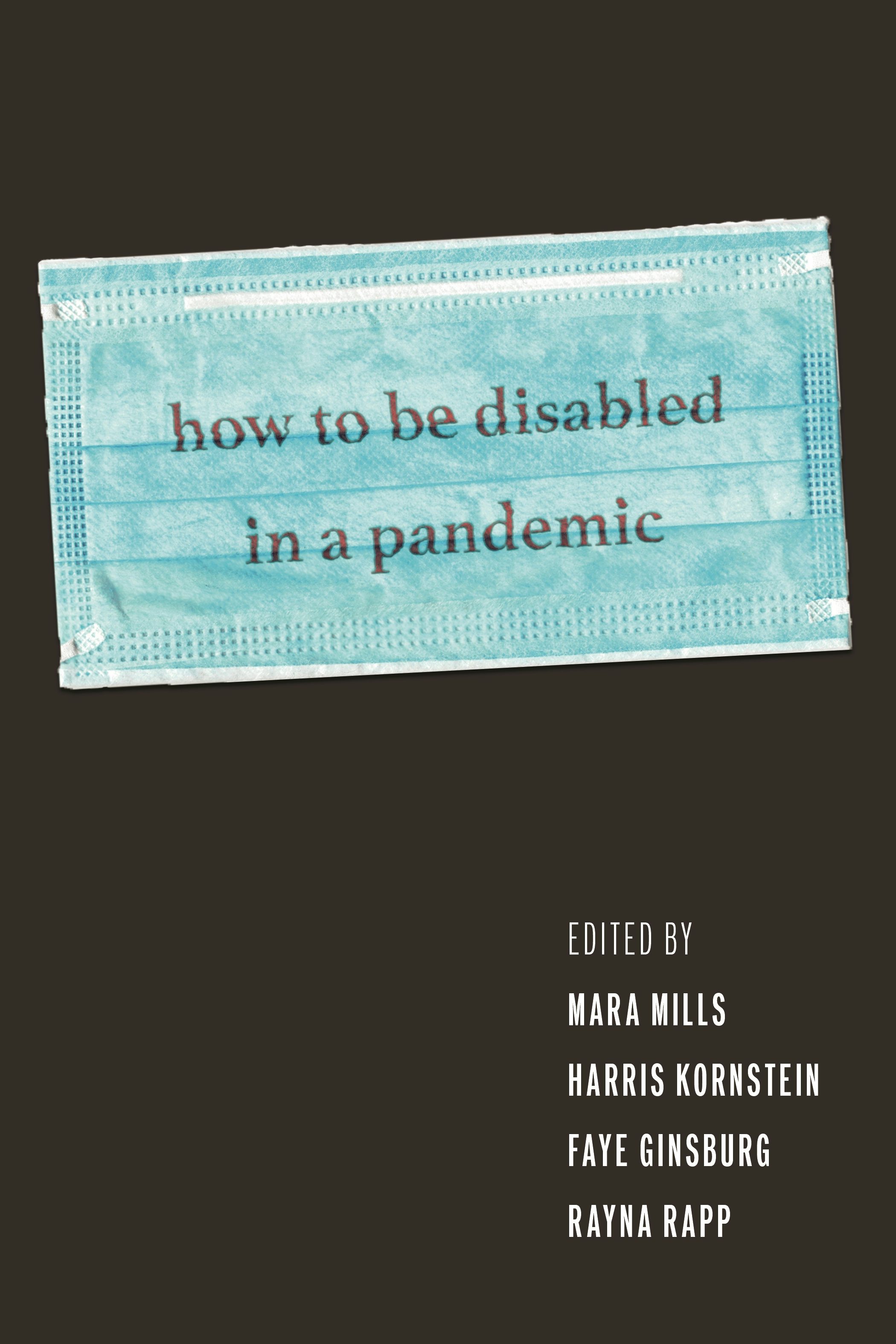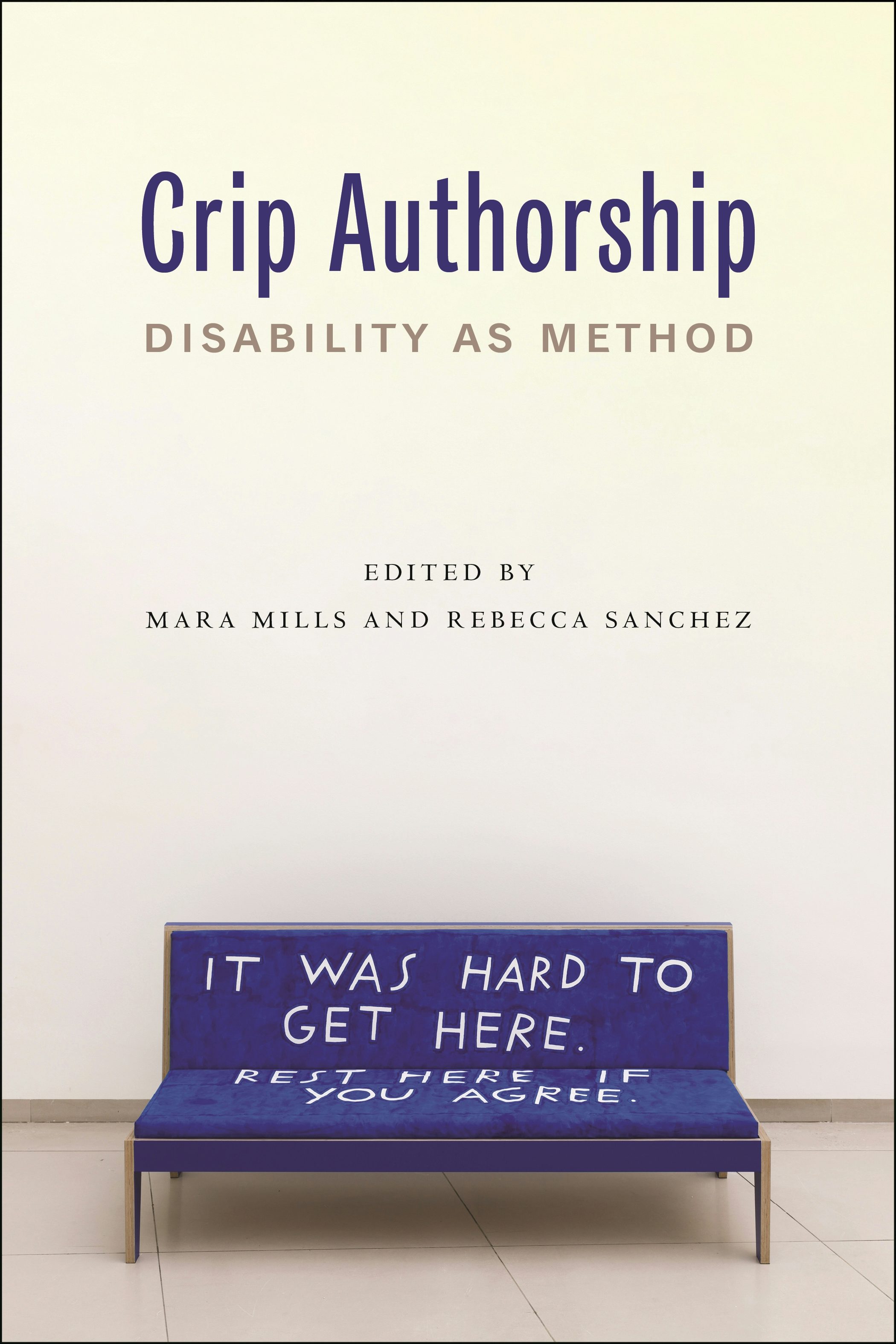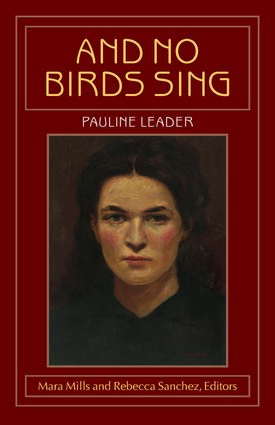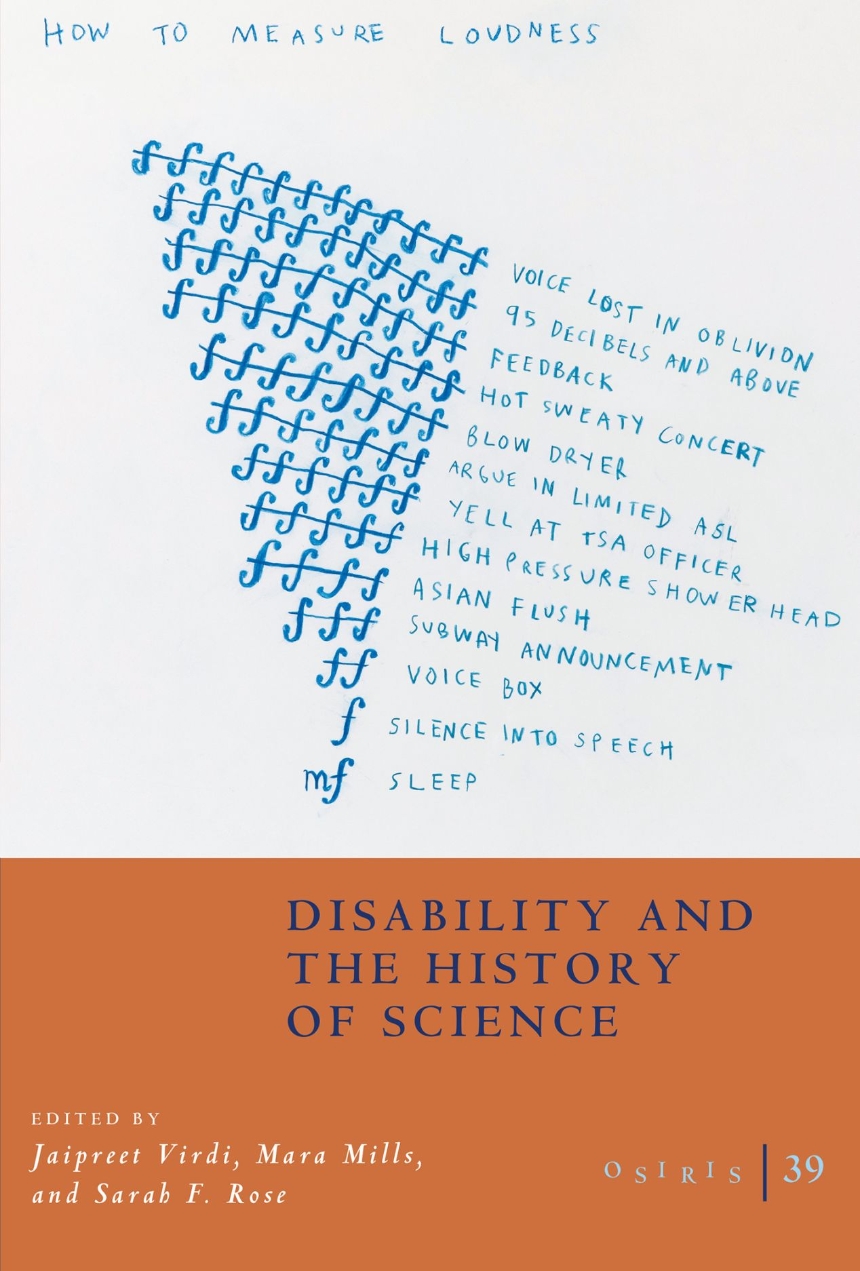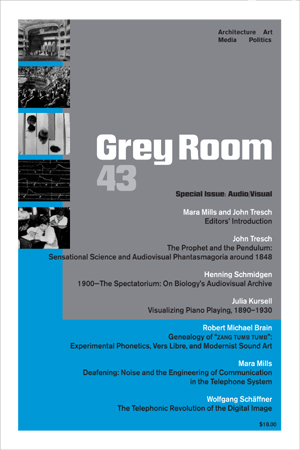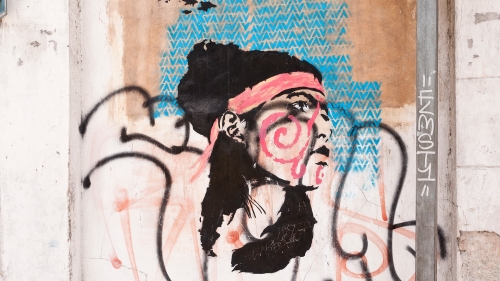
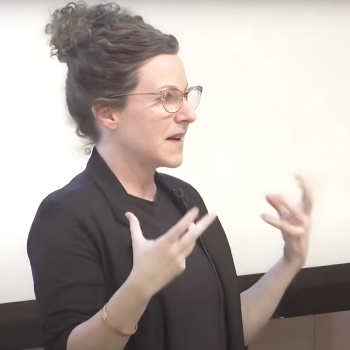
Mara Mills
Associate Professor and PhD Director of Media, Culture, and Communication; Director, NYU Center for Disability Studies; Director, Disability Studies Minor
Media, Culture, and Communication
Mara Mills is Associate Professor and Ph.D. Director in the Department of Media, Culture, and Communication at New York University. She is cofounder and Director of the NYU Center for Disability Studies; founding director of the NYU cross-school minor in Disability Studies; and a founding editor of the award-winning journal Catalyst: Feminism, Theory, Technoscience. She is also a founding member of the steering committee for the Science and Society minor at NYU.
Trained in Biology (BA, MA), Literature (BA), Education (MA), and History of Science (PhD), Mills is an interdisciplinary scholar and teacher in the fields of disability studies, Science and Technology Studies, and sound studies. Her work on "disability and media" spans disability arts and technoscience, with a focus on the history, politics, and cultures of electronics and digital media. The author or coauthor of over 80 articles, chapters, and reviews, her work has received the IEEE History Prize (Society for the History of Technology), the Walter Benjamin Award (Media Ecology Association), and the Irving Zola Award (Society for Disability Studies), among other honors. She is also a recipient of the Jim Ferris Award for Outstanding Achievement in Disability and Communication from the National Communication Association. Her writing has been translated into German, French, Spanish, and Portuguese.
Her research has been funded by the National Science Foundation, the National Endowment for the Humanities, the Mellon Foundation, the Ford Foundation, the American Council of Learned Societies, the DAAD, the Alexander von Humboldt Foundation, and the IEEE, among other organizations. At the intersection of STS and disability studies, she is currently working on the histories of information theory and optical character recognition, and (with Michele Friedner) an edited collection of historical and ethnographic essays titled "The Global Cochlear Implant: Provincializing 'Brain Implants' through Disability Technocultures." With Jonathan Sterne, she is writing a book on the history, aesthetics, and politics of time stretching technology, to be previewed as a podcast series produced by Benjamen Walker in 2026. Through the Center for Disability Studies (CDS), she coordinates many public humanities, disability arts, community-based, and collaborative projects. From 2025-2028, she is directing ASAP: Access for Small Arts Partnerships at CDS, funded by the Mellon Foundation.
With Harris Kornstein, Faye Ginsburg, and Rayna Rapp she recently directed an NSF-funded project on Covid-19 and disability communities in New York, resulting in an edited volume titled How to be Disabled in a Pandemic (NYU Press, 2025). With Rebecca Sanchez, she edited Crip Authorship: Disability as Method (NYU Press, 2023), a 2024 Choice Reviews Outstanding Academic Title. With Alexandra Hui and Viktoria Tkaczyk, she edited Testing Hearing: The Making of Modern Aurality (Oxford UP, 2020), and with Rebecca Sanchez she previously released a new edition of And No Birds Sing, Pauline Leader's memoir about life as a deaf working-class runaway among the bohemians of Greenwich Village in the 1920s (Gallaudet University Press 2016, reviewed on H-Disability).
Mills has also coedited a special issue of Catalyst: Feminism, Theory, Technoscience on "Crip Technoscience" (with Kelly Fritsch, Aimi Hamraie, and David Serlin) and a special issue of Osiris on "Disability and the History of Science" (with Jaipreet Virdi and Sarah F. Rose). With John Tresch, she edited a special issue of Grey Room on "Audio/Visual." She has been a member of the cross-disciplinary research teams that produced the white papers Disability, Bias, and AI and Reassessing What Matters in Experiences with Cochlear Implants. Her academic articles have been published in Technology & Culture, IEEE Annals of the History of Computing, Grey Room, differences, Social Text, Film Quarterly, and PMLA, among many other journals.
Her public arts and humanities writing can be found at sites like Triple Canopy, Artforum, Aperture, Somatosphere, Bomb, Public Books, and AVIDLY—a channel of the Los Angeles Review of Books. She has also been interviewed for popular venues such as The New York Times, The History Channel, 99% Invisible, TechCrunch, Gizmodo, Trailblazers with Walter Isaacson podcast, The Atlantic, The Boston Globe, The Chronicle of Higher Education, Ploughshares blog, and Red Bull Music Academy Daily.
Mills has been the Beaverbrook Visiting Scholar at Media@McGill, and in 2026-2027 she will be a Tokyo College Visiting Professor (University of Tokyo) as well as a Visiting Professor in the Film and Media Studies Program at Yale. She has received residential fellowships from the Max Planck Institute for the History of Science, the University of California Humanities Research Institute, and the Applied Humanities Center for Advanced Studies (Humboldt-Universität, Berlin). She is currently a Research Fellow with the Charles Babbage Institute and a member of the Association for Computing Machinery (ACM) History Committee, and she has served on the executive council of the Society for the History of Technology (2016-2018).
At NYU, she teaches courses on STS, the history of technology, and disability studies. For the past 15 years she has taught a popular undergraduate course, “Disability, Technology, and Media,” combining disability theory with training in media accessibility; it has become a model for many similar classes around the world. She has received numerous teaching awards at NYU, including the Steinhardt Teaching Excellence Award and the University Distinguished Teaching Award.
Further details about her research, teaching, grants, and awards can be found at her website.

